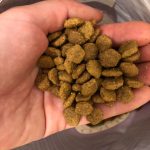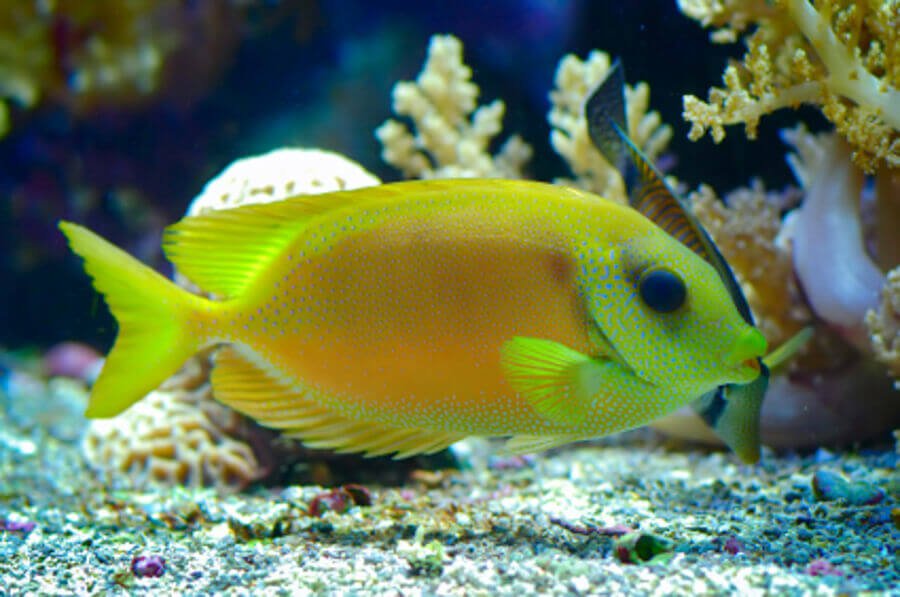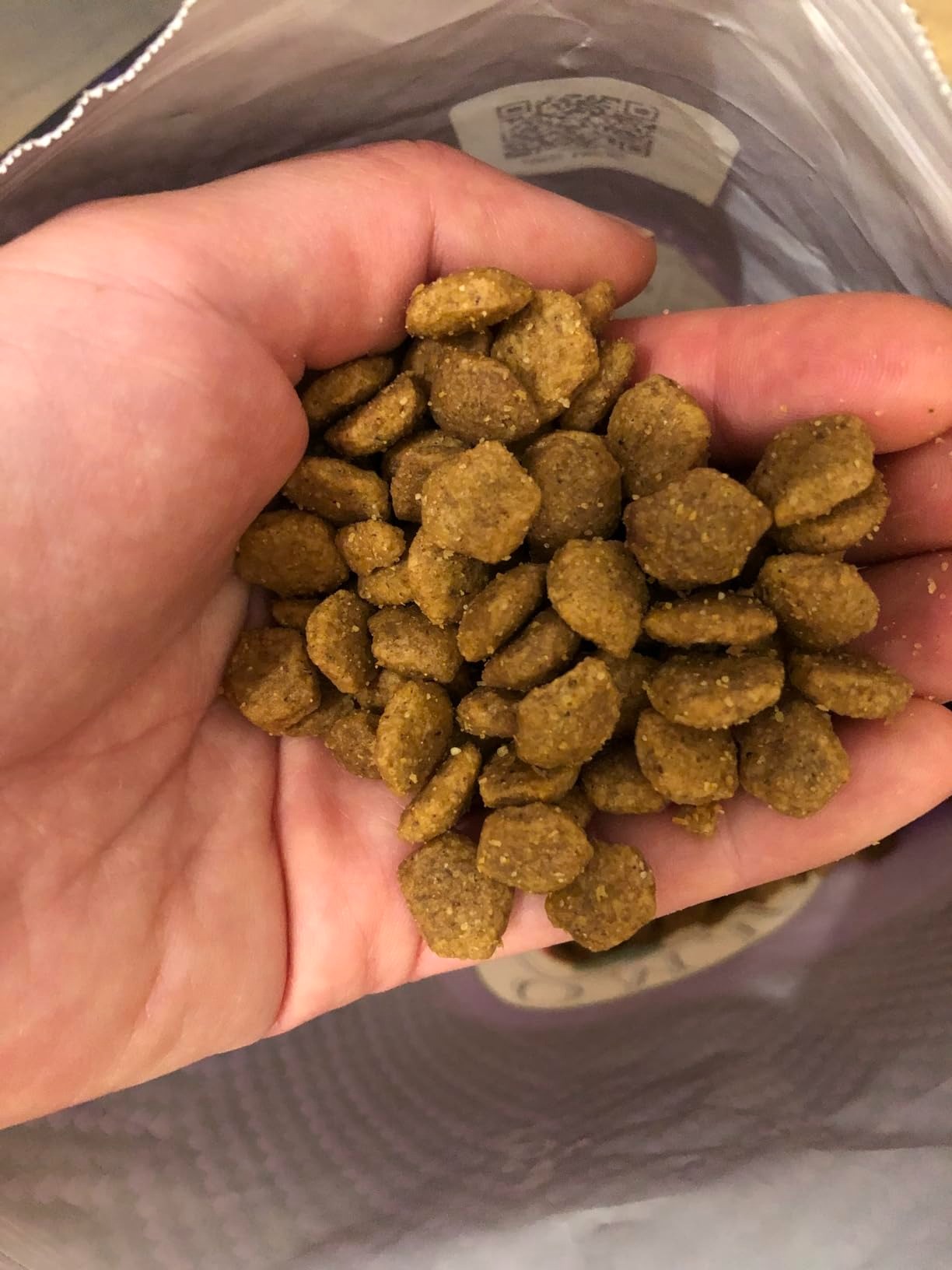Understanding the Importance of Water Quality in Aquaria
Maintaining a thriving aquatic ecosystem within an aquarium is a delicate balance of factors, with water quality sitting at the very heart of it all. The well-being of fish, plants, and other inhabitants depends heavily on the purity and composition of the water they live in. Among the various aspects of water treatment, the use of distilled water emerges as a key strategy for achieving optimal aquarium conditions. This in-depth exploration delves into why distilled water is a preferred choice among aquarists, emphasizing its role in promoting clear water and happy, healthy fish.
The Fundamentals of Distilled Water
Distilled water is the purest form of H₂O, obtained through a rigorous distillation process that eliminates virtually all impurities and minerals. In this process, water is heated until it turns into steam, leaving behind contaminants such as heavy metals, minerals, bacteria, and chemicals. The steam is then cooled and condensed back into liquid form, resulting in water that is free of dissolved solids and impurities. This ultra-pure state makes distilled water highly suitable for specific applications, including aquarium maintenance.
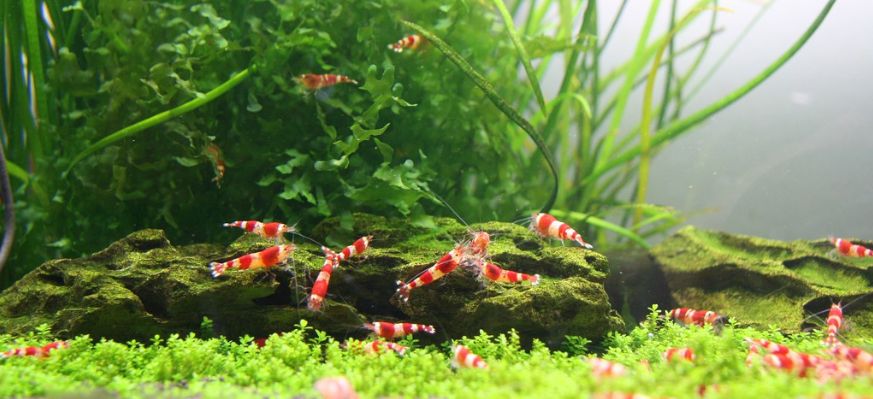
Tap Water Troubles: The Need for Purification
Many hobbyists start their aquarium journey by filling it with tap water, a readily available and seemingly cost-effective solution. However, tap water contains varying levels of chlorine, chloramines, heavy metals, and trace minerals, depending on the local water supply. These elements can be detrimental to fish health, causing stress, weakening immune systems, and even death in extreme cases. Chlorine and chloramines, added by municipalities to disinfect water, are particularly harmful to aquatic life. Therefore, using untreated tap water directly can quickly turn an aquarium into a hostile environment.
The Neutral Canvas of Distilled Water
One of the primary reasons for using distilled water in aquariums is its neutrality. Without any inherent minerals or chemicals, it serves as a blank canvas, allowing aquarists to precisely control the water chemistry. This is crucial because different species of fish and plants thrive in specific water parameters, such as pH levels, hardness (general hardness – GH, and carbonate hardness – KH), and temperature. By starting with distilled water, hobbyists can add appropriate amounts of mineral supplements, buffering agents, and conditioner to mimic the natural habitat of their aquatic inhabitants, ensuring their long-term health and vitality.
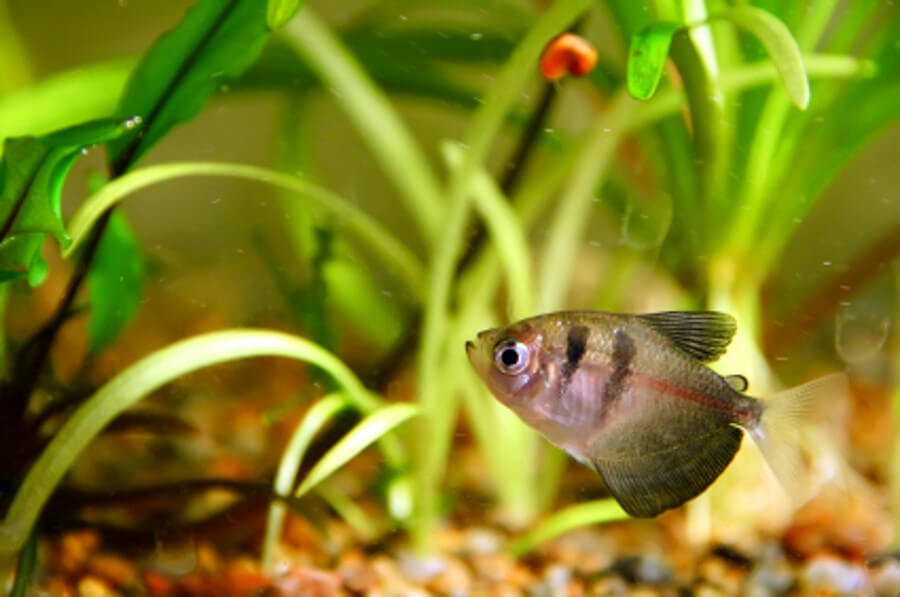
Preventing Algae Bloom and Maintaining Clear Water
Algae growth, while natural, can quickly overrun an aquarium if not controlled, turning once-clear water into a murky green. Excess nutrients, especially phosphates and nitrates, often found in tap water or accumulated from uneaten food and fish waste, fuel algae blooms. Distilled water, being devoid of these nutrients, reduces the likelihood of excessive algae growth. When combined with regular maintenance, including water changes and the use of a reverse osmosis (RO) system or deionization (DI) filters for further purification, distilled water aids in maintaining crystal-clear visibility in the aquarium.
Protecting Sensitive Equipment and Decor
The purity of distilled water extends beyond just benefiting the living organisms within an aquarium. It also safeguards equipment and decorative elements from the build-up of mineral scales and corrosion. Hard water, rich in minerals like calcium and magnesium, can leave unsightly deposits on glass, heaters, filters, and pump components over time, reducing their efficiency and lifespan. Using distilled water minimizes such deposits, ensuring that the aquarium remains aesthetically pleasing and that the equipment operates at peak performance.
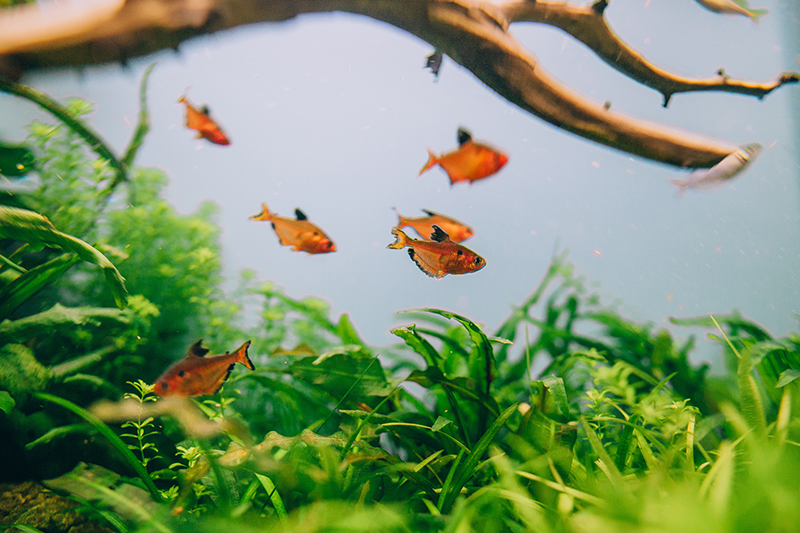
Economical Considerations and Alternatives
While the benefits of using distilled water in aquariums are evident, the cost and availability can be points of concern for some hobbyists. Purchasing large volumes of distilled water regularly can be expensive, especially for larger tanks. Fortunately, there are alternatives to consider. Home water distillation units, while initially more costly, can prove economical in the long run for dedicated aquarists. Reverse osmosis (RO) systems are another popular choice, offering a cost-effective means of purifying tap water by removing up to 99% of contaminants, including minerals, chlorine, and heavy metals. Some aquarists opt for a combination of RO and DI (deionization) filtration for the ultimate in water purity.
Balancing Minerals for Optimal Health
It’s essential to remember that while distilled water provides a clean slate, it lacks the essential minerals required for fish health. Regular monitoring and replenishing of these minerals is vital to maintain a balanced environment. Calcium, magnesium, and other trace elements are crucial for fish osmoregulation, skeletal development, and overall well-being. Aquarists should familiarize themselves with the specific requirements of their aquatic community and use commercially available aquarium supplements to maintain optimal water parameters.
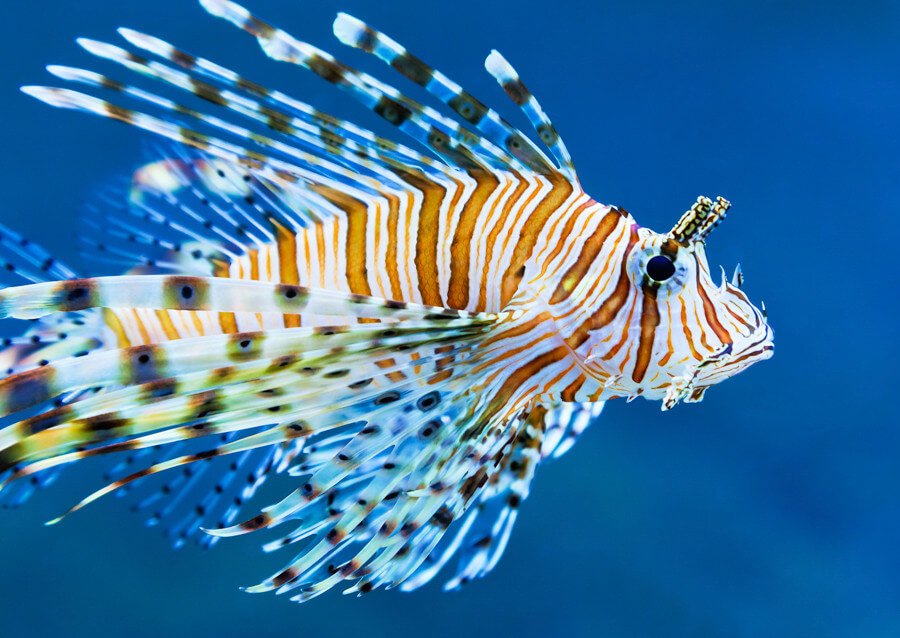
Enhancing Fish Behavior and Color Vibrancy
The clarity and purity of water achieved through the use of distilled or RO/DI treated water have additional benefits beyond just the aesthetics and equipment longevity. Fish kept in high-quality water exhibit more natural behaviors and enhanced color vibrancy. The lack of impurities reduces stress on the fish, allowing them to thrive in an environment closer to their natural habitat. Stress can suppress the immune system of fish and dull their colors, but a well-maintained aquarium with pure water encourages vibrant displays and active swimming patterns, enhancing the overall viewing experience.
Plant Growth and Aquarium Ecology
Aquatic plants also benefit significantly from the use of purified water. Similar to fish, plants require a balance of nutrients without the hindrance of excess minerals or pollutants. Distilled or RO/DI water, when supplemented with appropriate macro and micronutrients, fosters healthy plant growth, promoting robust root systems, vibrant foliage, and accelerated growth rates. A thriving plant population not only enhances the visual appeal of the aquarium but also contributes to a stable ecosystem by absorbing nitrates and producing oxygen, which in turn benefits the fish.
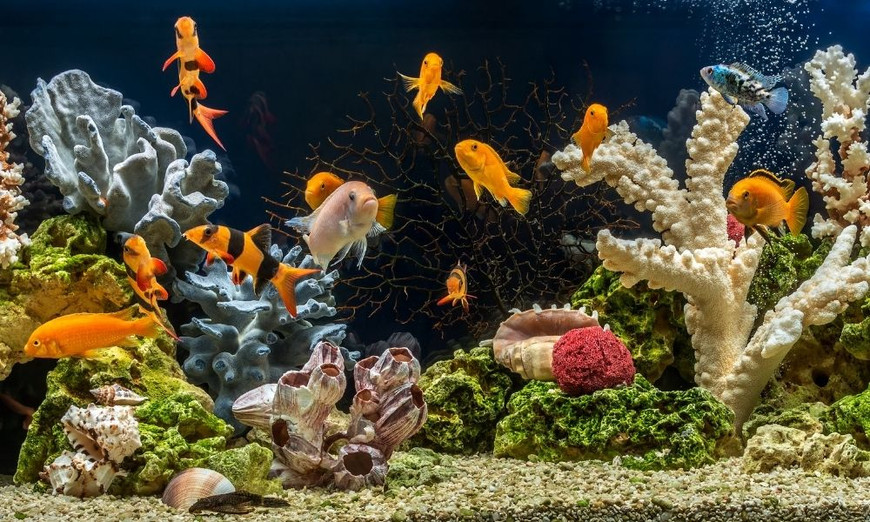
Conclusion: The Path to a Flourishing Aquarium
In conclusion, distilled water plays a pivotal role in creating and sustaining a healthy, vibrant aquarium ecosystem. Its purity allows for precise control over water chemistry, preventing unwanted algae blooms, preserving equipment integrity, and supporting the well-being of fish and plants. While it may require additional steps and considerations regarding mineral supplementation, the benefits far outweigh the initial investments in terms of time and resources. By choosing distilled water and understanding its correct application, hobbyists embark on a journey towards clearer water and happier, thriving aquatic life – a testament to the art and science of successful aquarium keeping.

